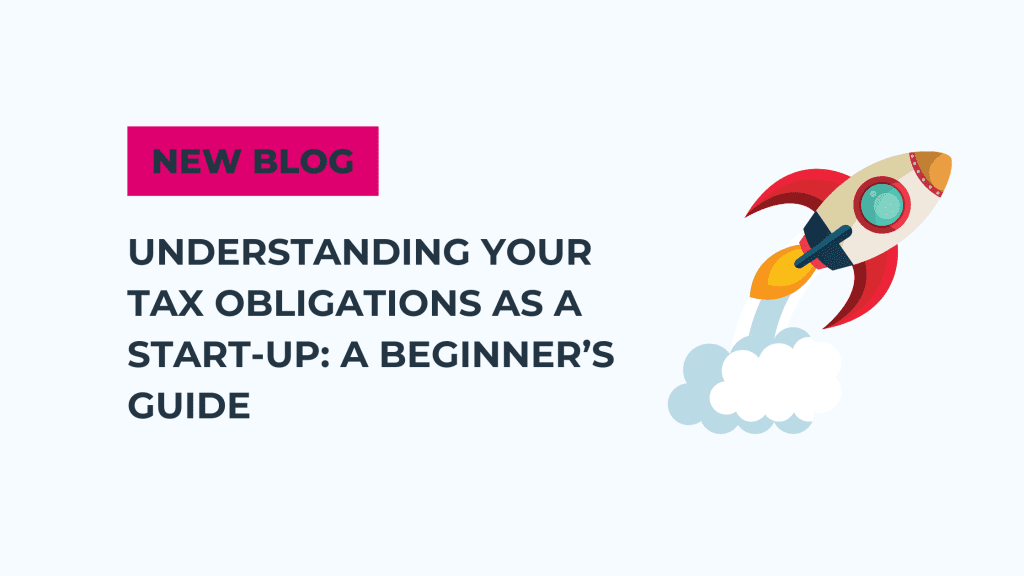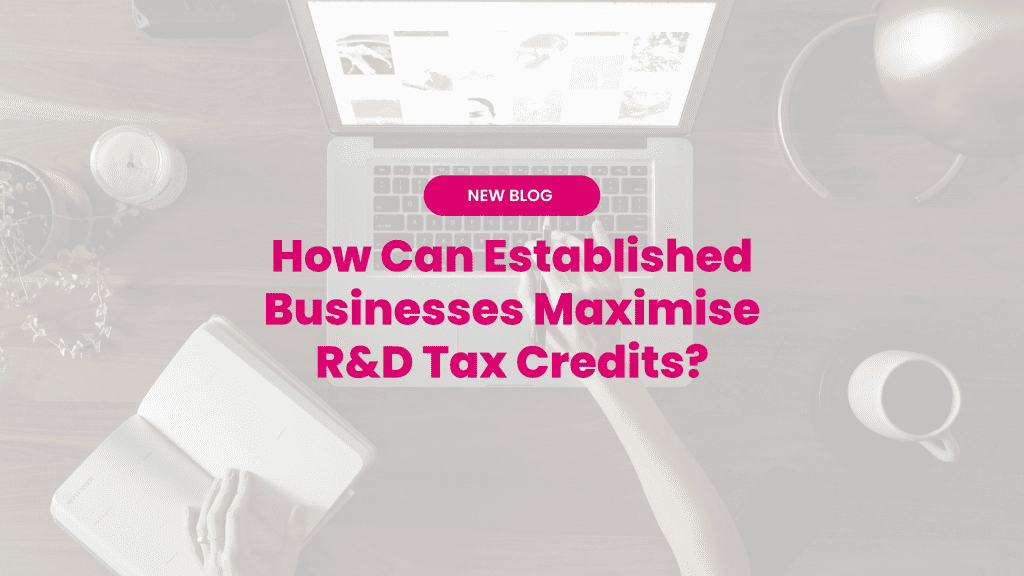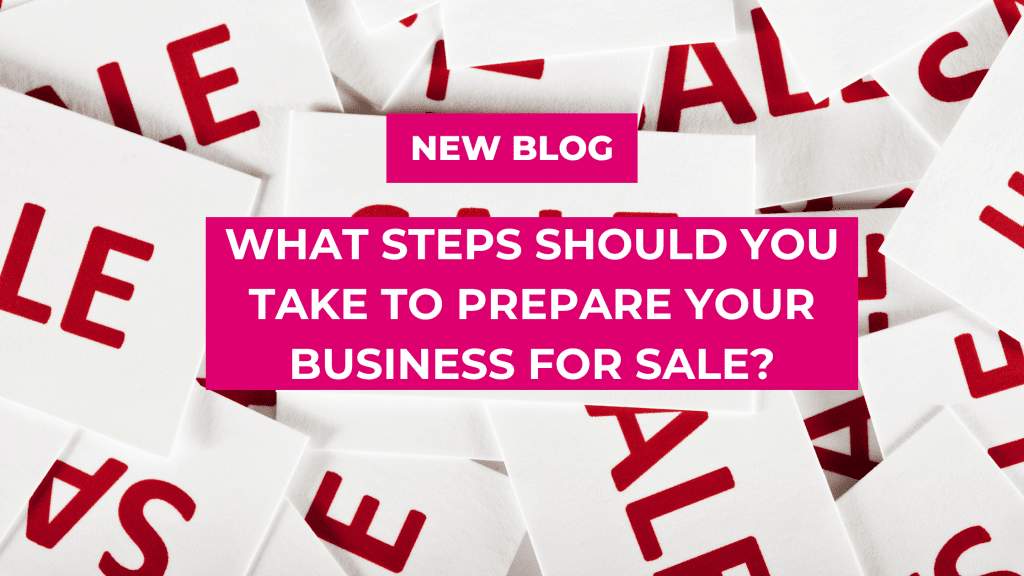
Understanding Your Tax Obligations as a Start-Up: A Beginner’s Guide Starting a new business is an exciting journey filled with…

Understanding Your Tax Obligations as a Start-Up: A Beginner’s Guide Starting a new business is an exciting journey filled with…

How Does Business Coaching Help in Scaling Your Business? Scaling a business can be a complex and challenging endeavour, requiring…

Do I Need a Business Coach? Running a business can be a complex and demanding endeavour. You might find yourself…

How Can Established Businesses Maximise R&D Tax Credits? Research and Development (R&D) tax credits are a valuable incentive provided by…

What Steps Should You Take to Prepare Your Business for Sale? To Prepare your business for sale is a significant…

Essential Financial Tips for Start-Up Businesses: Setting Up for Success Starting a business is an exciting journey filled with potential…

How Do Family Businesses Ensure Successful Succession Planning? Succession planning is a critical aspect for family businesses, especially in the…

What is the Benefit of a Financial Forecast? Financial forecasting is an essential tool for businesses of all sizes. By…

**Excerpt:**
Discover the power of R&D tax credits! These government incentives can significantly reduce your tax liability, making it easier to invest in innovation. Whether you’re developing new products, advancing technology, or improving processes, R&D tax credits can provide substantial financial benefits. Learn how your business can qualify and claim these credits to stay competitive and fuel growth. Don’t miss out on this opportunity to enhance your R&D efforts and secure a brighter future for your company.

Should I Get a Business Loan? Running a successful business often requires a steady flow of capital to cover various…